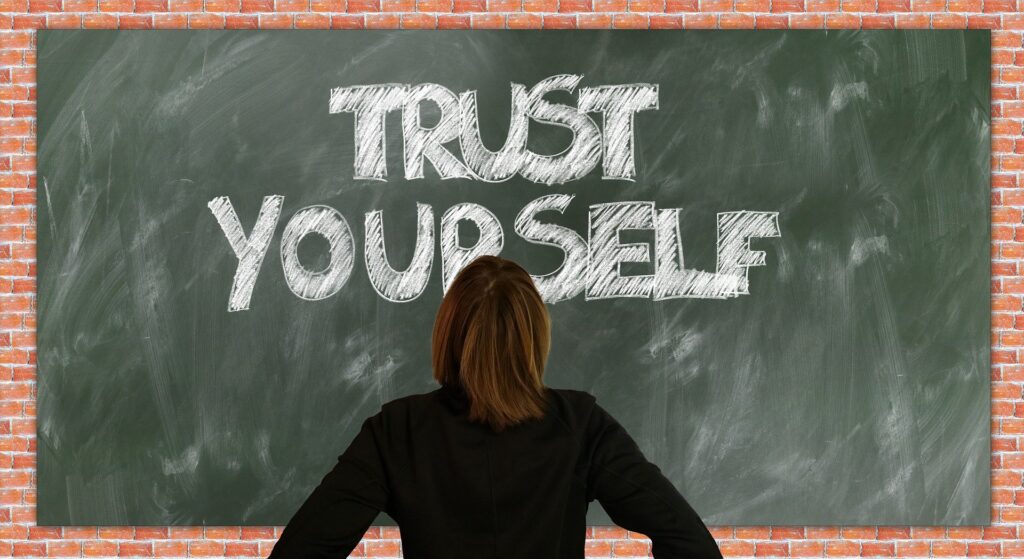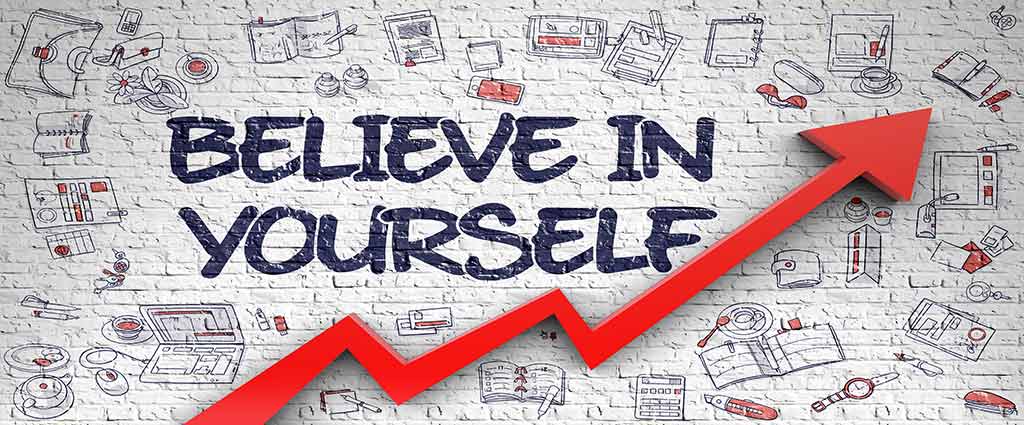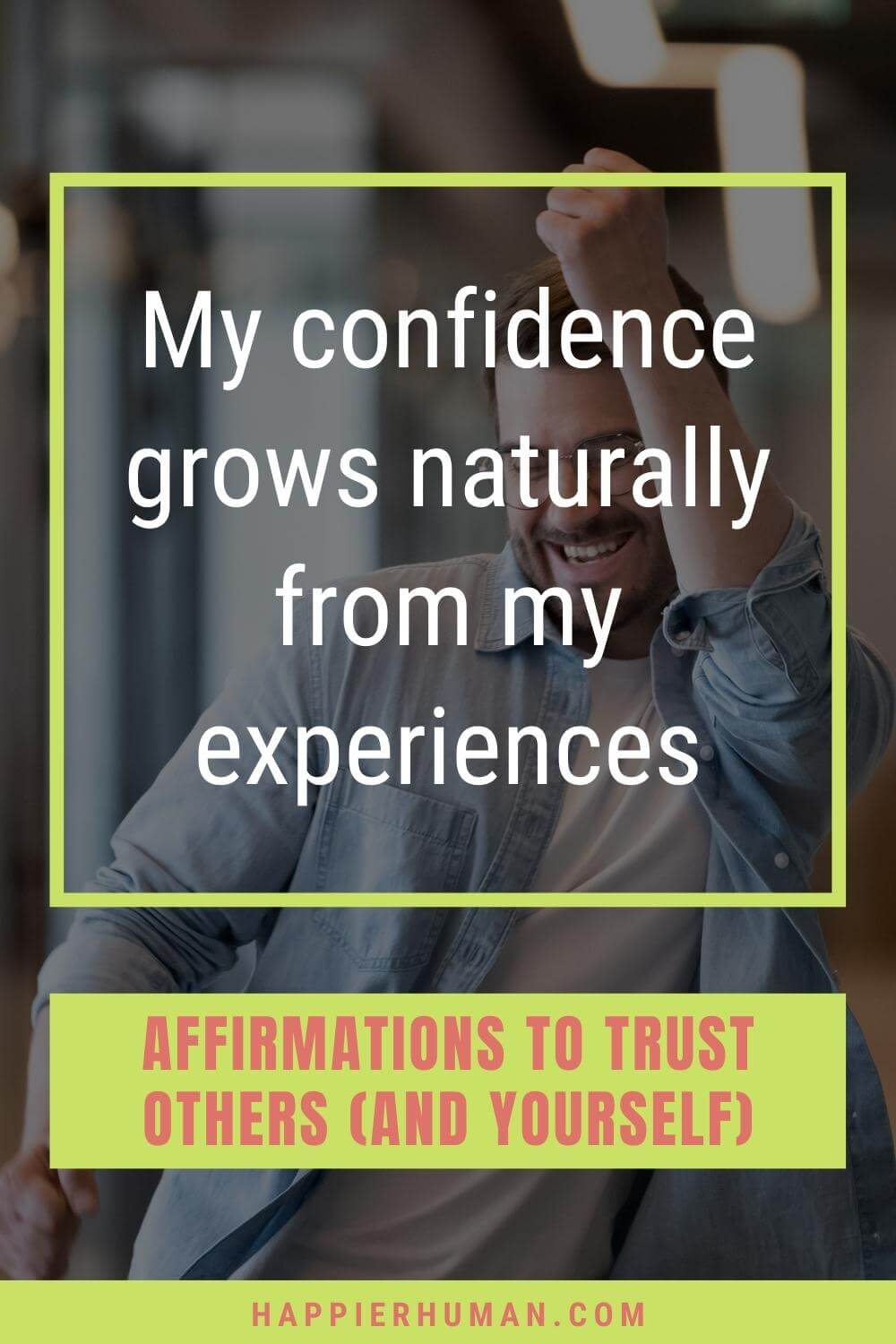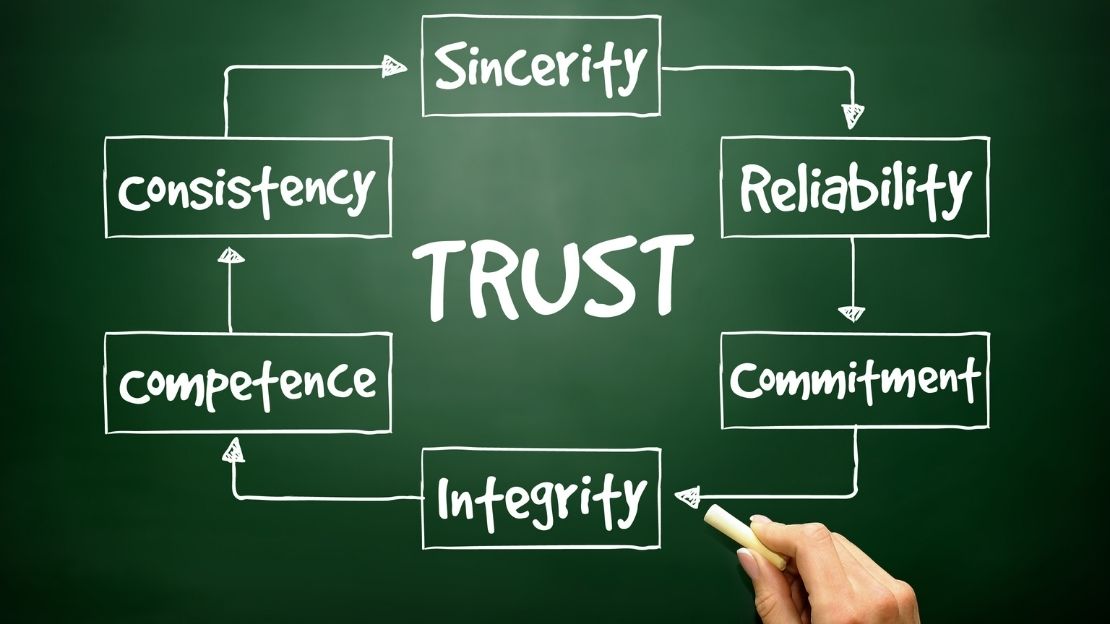Trust Self Confidence And The Ability To Understand
Imagine standing at the edge of a vast, shimmering lake, the morning sun kissing your face. A gentle breeze whispers promises of the journey ahead, but also carries a hint of uncertainty. Do you trust your inner compass enough to navigate the unknown waters? Are you confident in your ability to learn and adapt as you sail?
At the heart of personal growth and meaningful connection lies a powerful triad: trust, self-confidence, and the ability to understand. These aren't just abstract concepts; they're the cornerstones of a fulfilling life, influencing everything from our relationships to our careers and our overall well-being. Cultivating these qualities can unlock potential and build resilience in an ever-changing world.
The Foundation of Trust
Trust, in its simplest form, is the belief in the reliability, truth, ability, or strength of someone or something. This extends beyond others, encompassing trust in oneself. Self-trust is the bedrock upon which confidence and understanding are built.
When we trust ourselves, we are more likely to take risks, knowing that we possess the inner resources to handle whatever comes our way. It’s a quiet assurance that even in moments of doubt, we can rely on our judgment and intuition.
Building Self-Trust
Building self-trust is a gradual process, often starting with small, achievable goals. Each accomplishment, no matter how minor, reinforces the belief in our capabilities. Embracing mistakes as learning opportunities is also crucial.
As Brené Brown, a renowned researcher on vulnerability and shame, notes, "Trust is built in very small moments." These moments can be as simple as keeping a promise to oneself or acknowledging and validating one's own feelings.
The Power of Self-Confidence
Self-confidence is the belief in one's own abilities and qualities. It's not about arrogance or boasting, but rather a quiet strength that allows us to approach challenges with optimism and resilience.
Confident individuals are more likely to pursue their goals, advocate for themselves, and form healthy relationships. They are less afraid of failure, seeing it as a stepping stone rather than a roadblock.
Nurturing Confidence
One of the most effective ways to nurture self-confidence is through skill development. Investing in learning new things, whether it's a new language or a technical skill, provides tangible evidence of our capacity for growth.
Seeking feedback from trusted sources can also be beneficial, helping us identify our strengths and areas for improvement. Importantly, it's crucial to surround oneself with supportive individuals who believe in our potential.
Avoid comparing yourself to others. According to research from the American Psychological Association, social comparison can lead to feelings of inadequacy and decreased self-esteem. Focus on your own journey and celebrate your unique progress.
The Ability to Understand: Empathy and Perspective
The ability to understand is multifaceted, encompassing empathy, perspective-taking, and critical thinking. It allows us to connect with others on a deeper level, navigate complex situations, and make informed decisions.
Empathy, the capacity to understand or feel what another person is experiencing from within their frame of reference, is essential for building strong relationships and resolving conflicts. Perspective-taking allows us to see situations from multiple angles, fostering open-mindedness and reducing bias.
Cultivating Understanding
Active listening is a powerful tool for cultivating understanding. By truly listening to what others are saying, both verbally and nonverbally, we can gain valuable insights into their perspectives.
Reading widely, engaging in meaningful conversations, and seeking out diverse experiences can also broaden our understanding of the world. Embracing intellectual humility, the recognition that we don't have all the answers, is key to continuous learning and growth.
Cognitive flexibility plays a vital role in the ability to understand. This skill is being able to adapt your thinking according to the current situation, or modify your view if presented with new evidence.
The interplay of trust, self-confidence, and the ability to understand creates a virtuous cycle. When we trust ourselves, we are more likely to take on challenges, which, in turn, builds our confidence. And when we are confident, we are more open to understanding different perspectives and navigating the world with greater compassion.
Like the shimmering lake stretching before us, life presents both opportunities and challenges. By nurturing trust, self-confidence, and the ability to understand, we can navigate these waters with grace, resilience, and a deep sense of purpose.


















